
MOSCOW: Russian revolutionary Leon Trotsky gets a raunchy makeover as a “rock ‘n’ roll hero” in a new television series that highlights his adventurous exploits, ruthless character and rampant sex life.
The series has been produced by Russia’s state-controlled Channel One to mark the centenary of the 1917 Russian Revolution — and focuses one of its most divisive figures.
“This is the first [television] drama dedicated to Trotsky in the history of Russia,” Konstantin Ernst, Channel One’s general director, told potential buyers including Netflix at the Mipcom international entertainment market in the French resort of Cannes. “Unlike Lenin, Trotsky looked like a rock ‘n’ roll hero — breaking out of jail, revolution, love, exile and murder.”
Ernst jokingly compared the revolutionary — who famously had a love affair with Mexican painter Frida Kahlo — to disgraced Hollywood producer Harvey Weinstein.
Trotsky, Ernst said, was “energetic, creative and sexually active — as you know this [last trait] is not so popular in the film industry these last two weeks”.
Trotsky played a major role in the Bolsheviks’ seizure of power in 1917 but was subsequently demonised as an “enemy of the people” due to his opposition to Joseph Stalin.
The brilliant orator and Marxist theorist was forced into exile in 1929 and became an idol for the Western radical left.
In 1940, Soviet secret police stabbed him with an ice pick in Mexico City on Stalin’s orders.
The eight-part biopic series titled Trotsky is set to air the first week of November.
The title role is played by 45-year-old Konstantin Khabensky, one of Russia’s most popular actors who starred in the hit fantasy movies Night Watch and Day Watch and also appeared in Tinker Tailor Soldier Spy.
‘Bloody role’
“It’s hard to be objective a hundred years later, but we tried to produce a series based on real events,” the show’s main producer Alexander Tsekalo told AFP in a phone interview. “Trotsky played an important and bloody role in the Russian revolution.”
In the first episode seen by an AFP reporter, an elderly Trotsky reminisces from his Mexico home about the 1917 revolution and the ensuing civil war between Bolsheviks and their opponents.
Trotsky believes he is talking to a Canadian journalist but in fact this is Spanish agent Ramon Mercader, sent by Stalin to assassinate him.
The series also shows his early life in the city of Odessa in present-day Ukraine.
A prison warden beats him in solitary confinement and abuses him for his Jewish origins, telling him: “Revolutionaries and Jews do not understand the Russian nation.”
Curiously, Trotsky subsequently adopted the prison warden’s surname to replace his birth name of Bronstein.
The series often makes reference to the Jewish roots of Russian revolutionaries, but the director denies it could be seen in any way as anti-Semitic.
“I am Jewish. We are not deciding the Jewish question, we need to decide the Russian question,” Tsekalo told AFP.
The show largely presents him as a ruthlessly calculating mastermind, however.
In one scene, he orders every tenth deserter from the Red Army to be shot and hands a peasant his watch — before going back to his train carriage to put on another golden watch.
An unwanted centenary
Tsekalo insists there was no censorship at Channel One — notorious for its exclusively pro-Kremlin news coverage — saying there was “nothing to censor”.
Nevertheless he said he discussed scenes and the “message” of the show with Ernst.
The series’ take on history is that “people should not be forced to take to the streets and revolution always means blood”, Tsekalo said.
This follows the Kremlin line.
With Vladimir Putin in power for nearly 18 years, all talk of revolution is taboo and the Russian state seems unwilling to mark the 1917 anniversary.
“The state is not participating in marking the centenary, it is only watching,” said Russian historian Nikita Petrov from Memorial rights group. “The Kremlin’s message is that all revolutions are bad — and especially those financed from abroad.”
The Kremlin has condemned the popular uprisings in neighbouring Ukraine and Georgia that it alleges were orchestrated by the West.
The Trotsky series is keen to portray the West as playing a key role in the events of 1917 too.
In a scene from Trotsky set in Paris in 1902, a German agent asks Russian-born Marxist theorist Alexander Parvus how much he thinks it would cost to destroy Russia with a revolution. “A billion marks,” Parvus replies with a smile. Tsekalo says it is a “well-documented fact” that the West wanted to destroy Russia because it was “becoming a strong capitalist country”.
Published in Dawn, October 19th, 2017























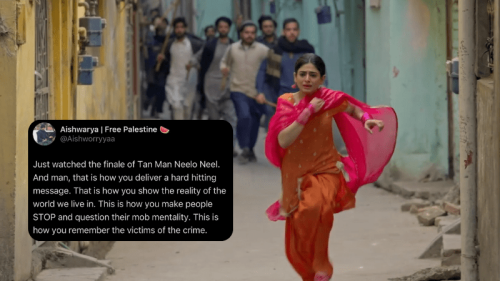

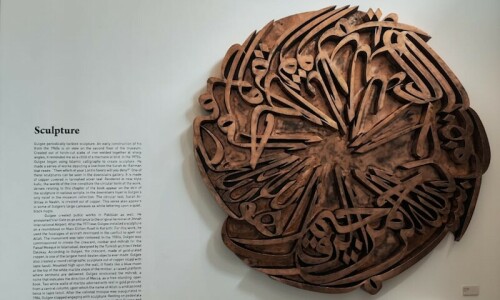











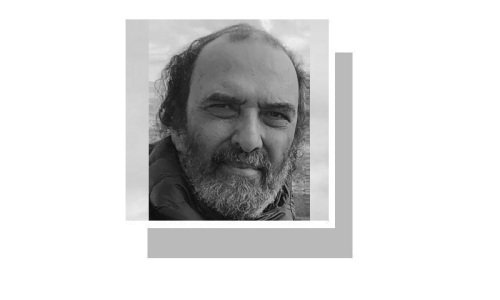


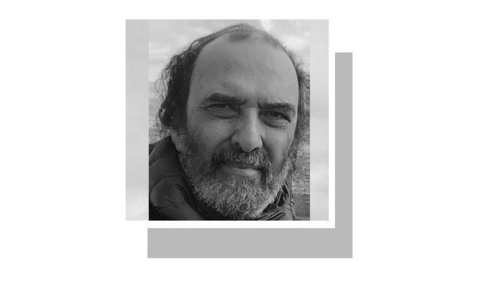
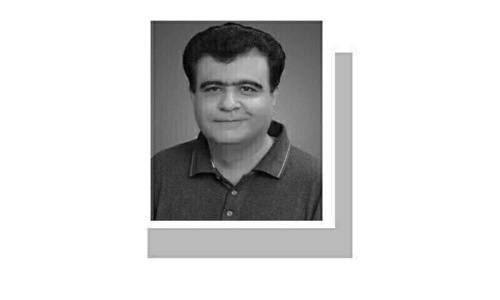
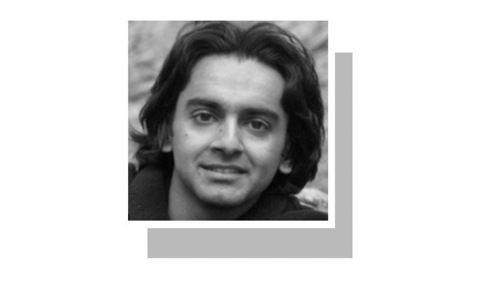




Dear visitor, the comments section is undergoing an overhaul and will return soon.